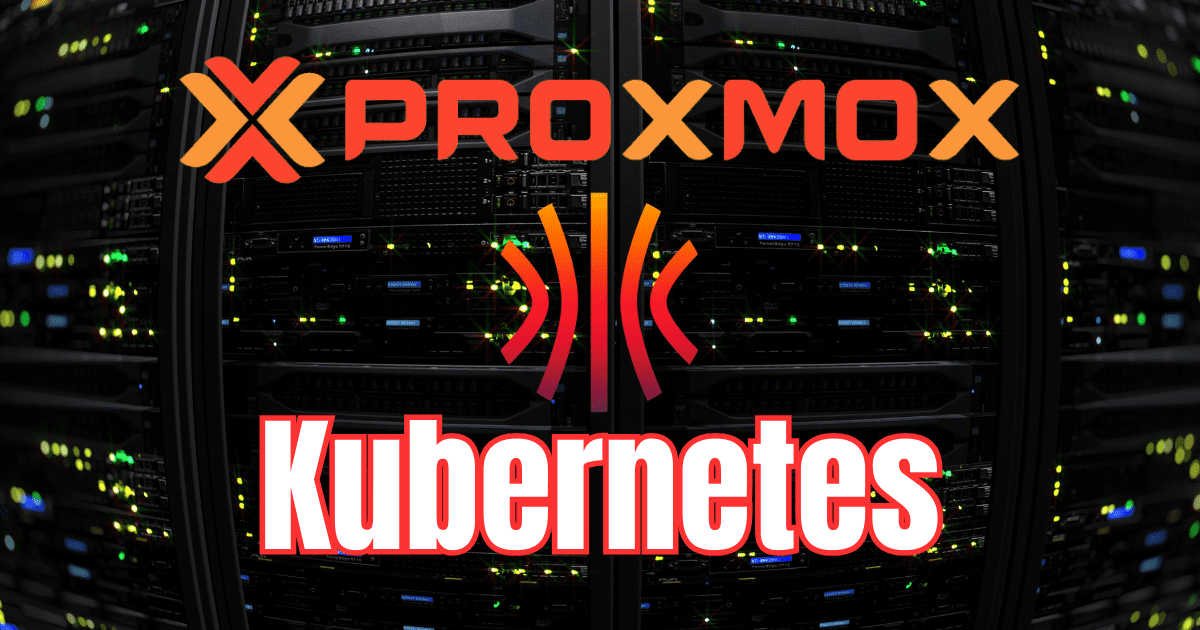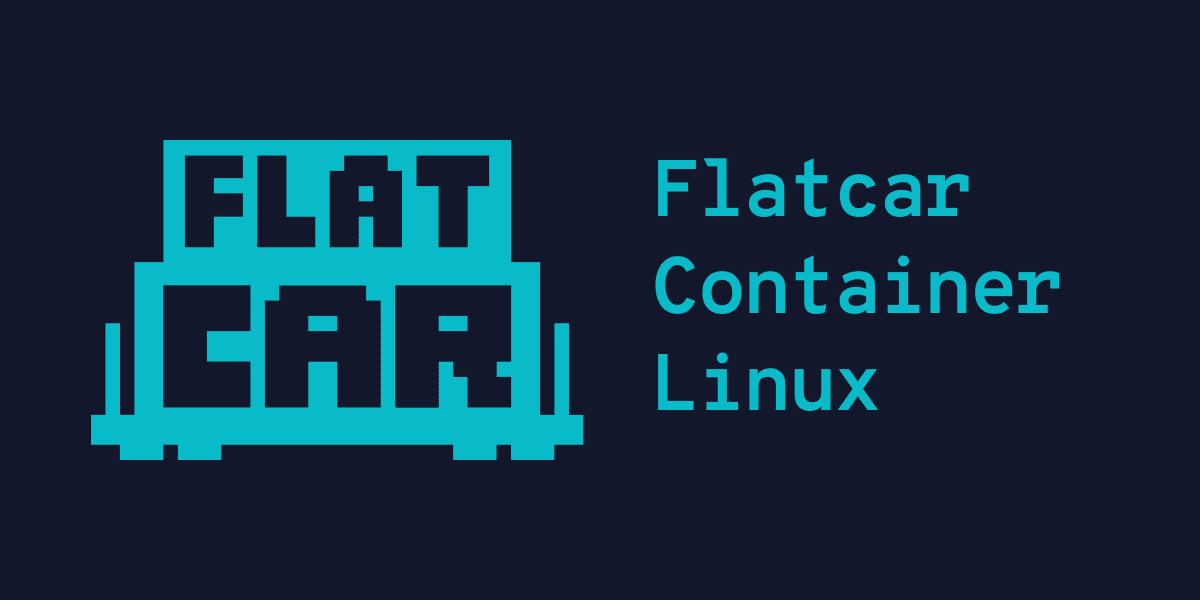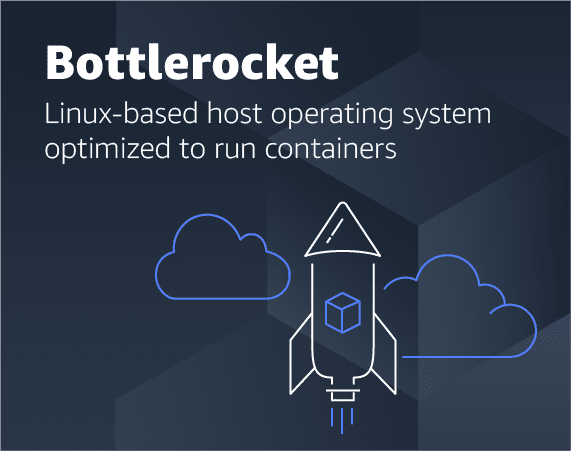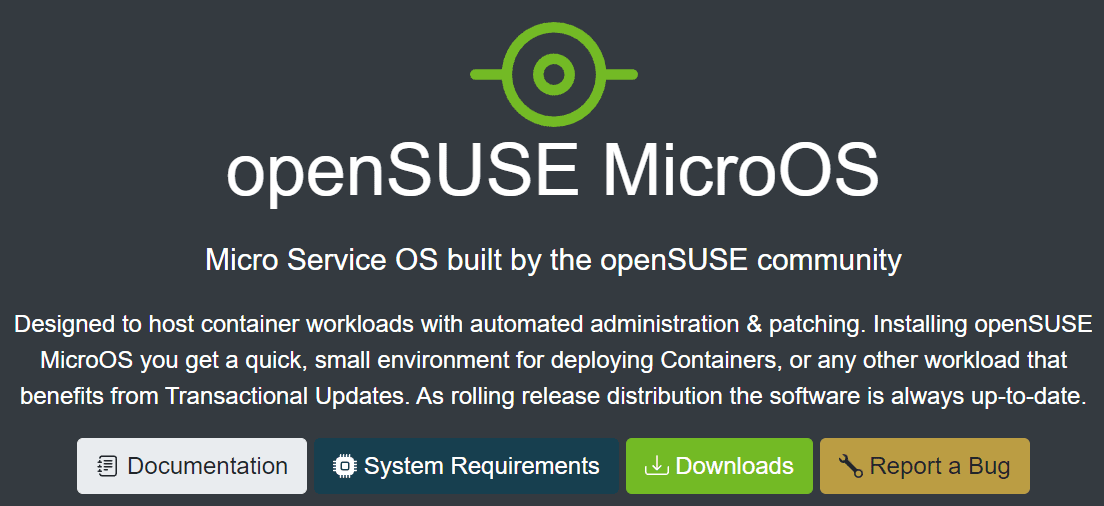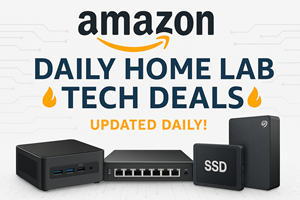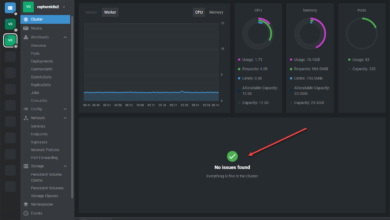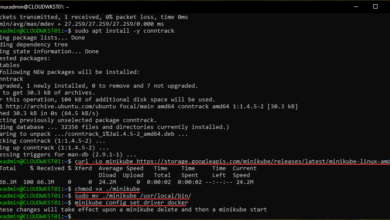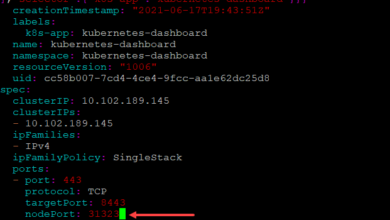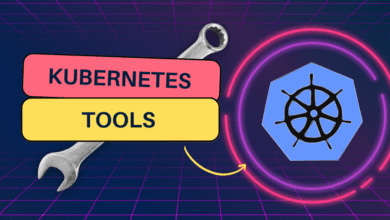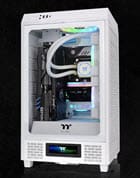Best Linux Distro in 2024 for Kubernetes
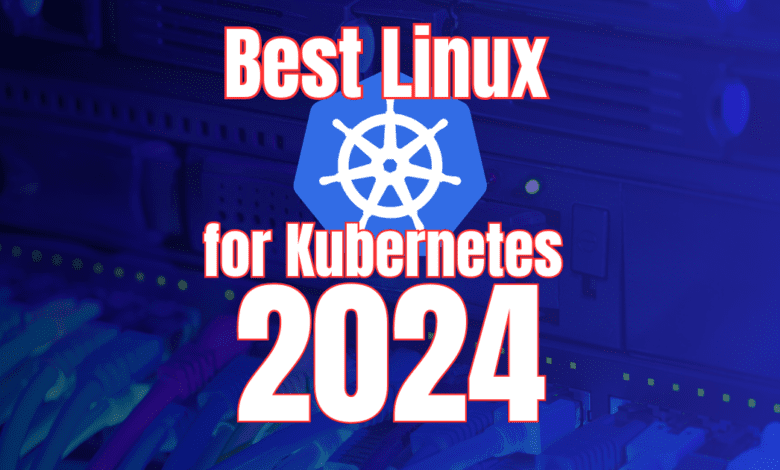
Most are now running containerized environments with either Docker or Kubernetes. One of the challenges with self-hosted Kubernetes is managing and maintaining the underlying Linux operating system for the Linux kernel. Let’s look at the best Linux distro 2024 edition for Kubernetes that are purpose built for containerized workloads on your servers. Note the following Linux operating systems.
Table of contents
1. Talos Linux
Talos Linux, a secure and immutable Linux OS that is purpose-built for Kubernetes. It is one of the smallest and leanest Linux distributions that runs Kubernetes. Even if you choose a tiny Kubernetes like K3s or K0s you still have to run that on top of a Linux distro and manage versions.
Download Talos Linux here: Talos Linux.
Talos solve all of that with the tiny underlying Talos Linux operating system. It is quickly becoming a popular Linux distroy in the DevOps world and is arguably at the top of the best Linux distro in 2024.
Pros
- Security and Immutability: Talos Linux provides a secure environment with an immutable operating system design. While it is not purpose-built as a security distro like Kali Linux, it features a lot great security for running self-hosted Kubernetes.
- API-Driven Management: You can’t SSH into the Talos Linux operating system. Instead you must use the API. This aspect simplifies Kubernetes operations, making it highly appealing to system administrators and power users looking for an intuitive and programmable interface.
Cons
- Steep Learning Curve: It can require some know how to get up and running. However, the documentation is fairly good, but a bit lacking.
- Limited Direct System Customization: Its immutable nature might restrict customization options, which could be a drawback for users who prefer to be able to get in and customize the underlying OS.
I recently covered installing Talos Linux in VMware vSphere and in Proxmox. Check out my how-to guides here:
2. Flatcar Container Linux
Flatcar Container Linux is a community-built Linux for containers and Kubernetes. It provides a transition for CoreOS Container Linux users who want to move to a newer platform. Like others on the list, it is immutable which provides major security advantages with the release.
Download Flatcar container Linux here: Flatcar Container Linux | Flatcar Container Linux.
Pros
- Seamless Migration for CoreOS Users: It is designed to be a drop-in replacement for CoreOS. It eases the transition with minimal disruption to existing Kubernetes setups running on the original CoreOS platform.
- Active Development and Community: Ensures long-term viability and support for the latest software packages and Kubernetes features.
Cons
- Adaptation for Non-CoreOS Users: Organizations transitioning from other Linux distributions may face challenges adapting to Flatcar’s container-centric approach.
- Smaller Community: While dedicated, the community size is smaller compared to more popular Linux distributions like Ubuntu LTS or Red Hat Enterprise Linux.
3. Fedora CoreOS and RHEL CoreOS
Overview
Fedora CoreOS is a merger between Fedora Atomic Host and CoreOS Container Linux. It is also a great Linux distribution for Kubernetes in 2024. CoreOS provides automatic updates and built-in security features like an immutable file system without a package manager.
Download Fedora CoreOS here: Fedora CoreOS | The Fedora Project.
It is very similar to the Fedora Silverblue desktop OS that runs the gnome desktop environment user interface. However, CoreOS is purpose-built for server workloads that are containerized.
Pros
- Automatic Updating Mechanism: Ensures the operating system remains secure and up-to-date. This is a critical feature for maintaining the stability and security of Kubernetes clusters.
- Broad Community Support: Fedora’s community is large and helpful. There are many great resources to use in the community for learning, toubleshooting, etc.
Cons
- Resource Requirements: It may require more system resources compared to other lightweight Linux distros, which could be a consideration for deployments on older hardware.
- Complexity for Beginners: The focus on containers might present a hurdle for newbies unfamiliar with containerized environments. However, if you are looking at this space, most likely you will have the basics needed getting up and running.
Developers and programmers looking for a desktop operating system on the line of CoreOS will like Fedora Silverblue. Silverblue is built on top of the same technologies.
4. Bottlerocket
Overview
Developed by Amazon Web Services, Bottlerocket is AWS’s Optimized OS for Containers specifically designed for running containers on virtual machines or bare metal. This makes it a strong candidate for Kubernetes environments with AWS integration.
Get started with Bottlerocket here: Container Host – Bottlerocket – Amazon Web Services.
Pros
- AWS Integration: Bottlerocket is optimized for AWS and offers tight integration with AWS services and management tools. It is ideal for AWS-centric Kubernetes deployments.
- Minimalist Design: By including only what’s necessary for running containers, it reduces the system’s attack surface and overhead, aligning with the needs of security-conscious Linux users.
Cons
- AWS Focus: Its specialized design for AWS might limit its applicability in non-AWS environments, making it less appealing than other Linux distributions for some.
- Limited Customization and Packages: The minimalist approach might not suit all users, especially those requiring a broader set of default apps or custom desktop environments.
5. Elemental by Rancher
The Elemental Linux Operating System (Elemental) by Rancher is a modern Linux distribution designed from the ground up for containerized and cloud-native environments. As the successor to K3OS, which is now deprecated, Elemental is the next evolution for a K8s Linux platform optimized for Kubernetes. It focuses on simplicity, security, and an immutable infrastructure to streamline Kubernetes deployments and operations.
Start learning about Elemental by Rancher here: Elemental – Immutable Linux for Rancher.
Pros
- Designed for Kubernetes: Elemental is built for Kubernetes, and provides seamless integration that simplifies the deployment and management of Kubernetes clusters. It is an excellent choice for system administrators and experienced Linux users looking to leverage Kubernetes at scale.
- Immutable Operating System: Elemental is an immutable operating system that enhances security and stability. It also helps to reduce vulnerabilities and ensuring consistent environments across deployments. This feature is particularly beneficial for maintaining the integrity of Kubernetes clusters in production environments.
- Simplicity and Efficiency: Elemental’s design philosophy emphasizes simplicity. It aims to reduce the complexity associated with container management. It is extremely lightweight also ensures efficient use of system resources, making it suitable for a wide range of hardware configurations, including older hardware.
Cons
- Transition from K3OS: Users familiar with K3OS may need to adapt to Elemental’s new features and operations requirements. This may involve a learning curve for those used to the former’s specific workflows.
- Focused Use Case: As with K3OS, Elemental’s focus is on Kubernetes and containerized environments. It means it might not be the ideal choice for users or scenarios requiring a more general-purpose Linux operating system. Its optimizations for Kubernetes are highly advantageous for this use case but may limit its scope outside those areas.
6. openSUSE MicroOS
MicroOS, from openSUSE, is an immutable Linux operating system designed for cloud-native applications, microservices, and Kubernetes. It emphasizes stability, atomic updates, and system rollbacks, making it suitable for high-availability environments.
Download openSUSE MicroOS here: openSUSE MicroOS.
Pros
- Atomic Updates and Rollbacks: Provides consistency and reliability, which is an advantage for mission-critical Kubernetes deployments.
- Security and Stability: The immutable nature of MicroOS enhances security and complements the secure distro needs for organizations running Kubernetes environments.
Cons
- Configuration and Management Learning Curve: The unique characteristics of an immutable operating system can introduce a learning curve for both new and experienced Linux users not familiar with this paradigm.
- Customization Constraints: The immutable file system and focus on stability might limit customization options, which could be a drawback for users requiring specific configurations or those used to more flexible Linux distributions like Arch Linux with its Arch User Repository (AUR).
7. RancherOS
Overview
RancherOS runs everything, from system services to applications, inside Docker containers. This design provides a solid Docker experience. It is also purpose-build for running containerized environments in production.
However, RancherOS appears to be a deprecated solution. Rancher has noted on the RancherOS page that it will only receive maintenance updates, including security updates.
Download RancherOS here: GitHub – rancher/os: Tiny Linux distro that runs the entire OS as Docker containers.

Pros
- Optimized for Docker: Provides a great environment for running Docker containers, potentially reducing compatibility issues and simplifying container management.
- Minimalist Operating System: By focusing on Docker, RancherOS minimizes its footprint and resource requirements. These features and others make it a great choice for lightweight Linux distro enthusiasts and deployments on limited-resource hardware for containerized workloads.
Cons
- Deprecated – only receiving maintenance updates
- Docker Dependency: The heavy reliance on Docker might limit flexibility for users or environments that prefer or require alternative container technologies.
- Niche Appeal: While perfect for Docker-centric workflows, RancherOS’s specialized focus might not cater to the broader needs of all Linux users or those looking for a more general-purpose operating system.
Honorable mentions
There are many great Linux distributions for running Kubernetes. There are several we didn’t cover above, that many may choose to use. Using the latest long term support Ubuntu can be a great platform for running Kubernetes. Rocky Linux is used by many as bare-metal hosts. Arch Linux, Opensuse Leap, lUbuntu, and many others. There is a lot of innovations happening in this space and a lot of great progress has happened over the course of the past couple of years.
Wrapping up
Selecting the best Linux distros for Kubernetes in 2024 includes many different considerations. You will want to think about security, user experience, support for the latest Kubernetes features, and integration with existing hardware and cloud environments.
In this article, we have considered a few options. You can use the lean and secure Talos Linux, Fedora CoreOS, Flatcar Container Linux, or AWS Bottlerocket and other options presented in this article as well as others we may not have covered. The selection is up to you depending on the reasons and use cases you have. For a Kubernetes self-hosting project that will allow you to use free software, these purpose-built Linux platforms for Kubernetes make a great choice.


